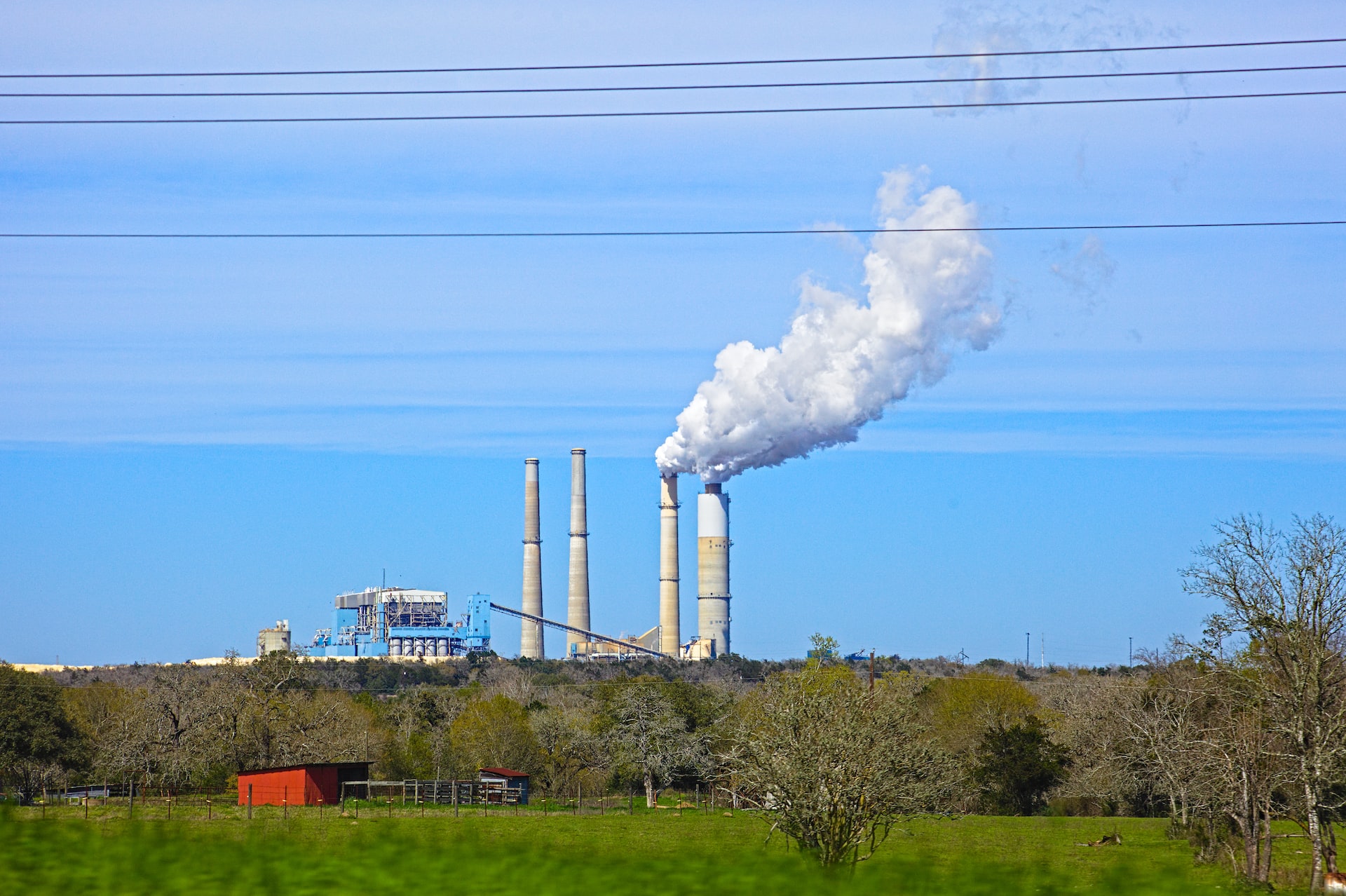
Inside Climate : With Fossil Fuel Companies Facing Pressure to Reduce Carbon Emissions, Private Equity Is Buying Up Their Aging Oil, Gas and Coal Assets
November 2, 2022
Inside Climate recently investigated where many fossil assets land when they are sold off from oil and gas companies. What Inside Climate found, and what many activists and researchers have warned, is that, frequently, aging fossil fuel assets are sold off only to be purchased and kept alive by private equity firms and other private companies.
Inside Climate October 24, 2022: With Fossil Fuel Companies Facing Pressure to Reduce Carbon Emissions, Private Equity Is Buying Up Their Aging Oil, Gas and Coal Assets
The article focused on Continental Resources, an independent oil and natural gas producer, and its decision to go private, joining the trend of shifting publicly traded oil and gas assets over to private markets. Inside Climate accurately characterized the problems that arise when fossil fuel assets are kept alive by private equity:
“Privately held companies are exempt from many of the financial reporting rules that publicly traded companies face, and they are more insulated from the social and environmental pressures that investors have placed on the fossil fuel sector in recent years.”
Alyssa Giachino, climate director at PESP, told Inside Climate that big oil companies have been responding to investor pressure by selling off some of their dirtier and less profitable assets. However, those sales simply transition the oil and gas properties to other companies, not eliminate them entirely.
“It hasn’t solved anything,” she said. “Exxon can make claims that they’re reducing their carbon footprint, or however they want to quantify the progress that they’re making, and the impact on the planet is the same or worse.”
Because of the uncertainty that arises when PE firms purchase polluting assets, PESP and its partner Americans for Financial Reform Education Fund, recently released a climate risks scorecard. The research showed that around 80 percent of the energy companies owned by the 10 largest firms are in fossil fuels. For example, PE firm The Carlyle Group has more than three-quarters of its energy investments in fossil fuels with almost 61 percent of its 2022 first-half profits coming through oil and gas subsidiary NGP Energy Capital. That firm received an F grade in the scorecard.
As Inside Climate reported, private equity firms have invested more than $1 trillion in the energy sector since 2010. Private equity works mostly beyond the oversight of financial regulators because private markets are exempt from most financial disclosures. This lack of transparency deprives the public and investors of a true picture of private equity’s damage to the climate and impacts on human health.
“These polluting assets are shifting from the public markets, where there is greater amount of regulatory and public scrutiny, into the shadows of our financial industry, where private equity usually operates,” said Riddhi Mehta-Neugebauer, PESP climate researcher, to CBS recently.
WIth less transparency in private equity ownership, Inside Climate reported, there is naturally less attention paid to the climate and environmental impacts of keeping their fossil fuel operations running. Clark Williams-Derry, an energy finance analyst at the Institute for Energy Economics and Financial Analysis (IEEFA) concluded that private equity firms are attracted to the inherent risk that surrounds fossil fuel companies.
“Private equity, fundamentally, is in the risk-driven enterprise,” he told Inside Climate. “It likes risk, because risk is where you find your great returns. When a large enough share of the oil and gas system starts to become private, then you start to amp up the kinds of risks that the industry can take, including climate risks.”
To view the new Private Equity Climate Risks Scorecard and report, visit PEClimateRisks.org.
